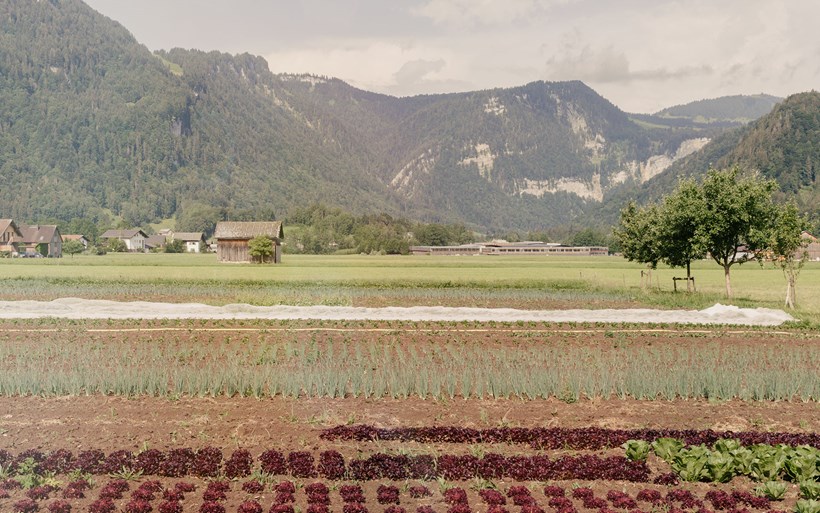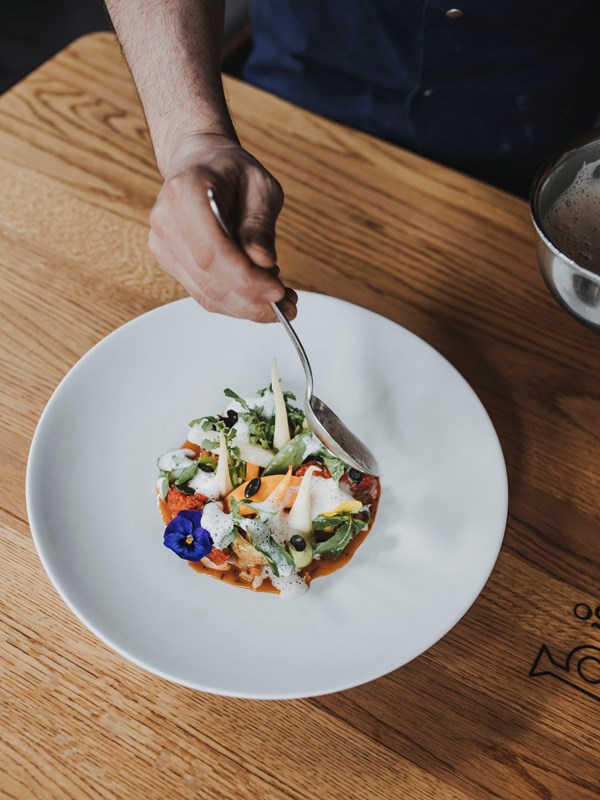

The concept of “sustainability” is now everywhere, and something with so many different messages but simultaneously hard to grasp. Here we take a closer look at the roots of sustainability, and what it really means to make the switch to sustainable food.
The origins of sustainability
In the pre-industrial world, there was actually a natural and ever-present interest in the continuity of the ecosystem. As modern industrial societies made ever greater leaps forward, traditional ways of life became increasingly less common. Sustainability itself gets its first mention in 1560, in the obscure forestry regulations of Saxony. Originally meaning something which “continues for a long time”, this was an attempt to prevent the complete destruction of the local forests by using their own regenerative capacities. It was only really in the 1970s that the modern term “sustainability” gained traction, through the burgeoning ecological movements.
A sustainable lifestyle
Ultimately, living sustainably means leaving the ecosystem in a good state for the next generation. This in turn takes in a number of facets:
It’s precisely through the conscious choice of the foods we eat that each individual can make their contribution to keeping the ecosystem in good shape.
Climate change and our nutrition
It may at first glance seem fanciful, but what we eat can have a significant influence on animals, plants, land, climate change, and also other humans. This becomes clear when we take a look at the stats: in Germany alone, food production makes up 20% of greenhouse gas emissions, second only to household energy. So the question is, how can we reduce our carbon footprints – and put the brakes on climate change - through the right nutrition? For starters, animal products produce more greenhouse gases than plant products. That doesn’t necessarily mean we need to completely give up meat, cheese etc., right away. Instead it’s about more responsible consumption and sustainable food production in general. A healthy and varied diet also gives us other benefits, in that it’s good for our entire organism and also has positive effects on our skin: it’s a win-win situation. Consequently, at Hotel Post Bezau, nutrition is a crucial part of our holistic approach.
What are sustainable foods? With fair-trade products, there are high standards covering responsible production, so these ecologically produced foods are more environmentally friendly than others. This is partly due to less nitrogen used in fertilisers, which in turn helps preserve farmlands and ground water. Elsewhere, in the livestock industry the more sustainable producers forgo the use of soy-based animal feed which comes predominantly from the clearing of South American rainforests. The purchasing of regional and seasonal fruit and vegetables is also a way to make a sustainable contribution to the climate. The shorter food miles mean significant CO2 savings, even if we do still eat the occasional papaya, mango, or pineapple at home. Seasonal growing also means no heated greenhouses are needed, leading to 30x less harmful emissions. The purchase of fresh instead of frozen foods can also be another step in the direction of sustainable consumption, saving greenhouse gas emissions which would have been generated by freezing and re-heating. Another important aspect is to be aware of often wasteful food packaging, but it’s arguably even more important to consider general consumption behaviour: around a quarter of bought foods end up in the bin!
Increasing sustainability through the foods we eat Here too at Hotel Post Bezau we felt the need to grapple with the topic of food waste: for a while now, we’ve cultivated our 4000m2 vegetable garden behind the hotel. And it doesn’t matter to us if the resulting produce is curved, bumpy, or speckled, it arrives in our kitchen in whatever shape or form. In practice, this means produce of the best organic quality and as fresh as can be. What’s more, we’ve signed up to the nose-to-tail principle: for meat dishes, our chefs use all edible parts of the animal.
Regional produce Healthy regional food and the high quality of our ingredients have always been of paramount importance to us. As we’ve focussed more and more on the regionality of our food supplies, our “Kilometre Wheel” came into being. Showing the different distances, the wheel helped us clearly see which ingredients we get from where. For instance, we get meat and eggs from nearby farmers. Cheese comes from the Bregenzerwald of course, the world’s best cheese region. Fish comes from controlled cultivation within a 100km radius. It’s especially important for us to have a personal contact with our suppliers, and as few food miles as possible.
Like the good old days All the latest studies and findings point to the fact that we can learn a good deal from how we used to do things. In order for us to have food ingredients available even out of season, we cook or ferment them – just like your grandmother would have done. More tips regarding the preparation of meals are disclosed by our experts in our Food Labs.
More experiences